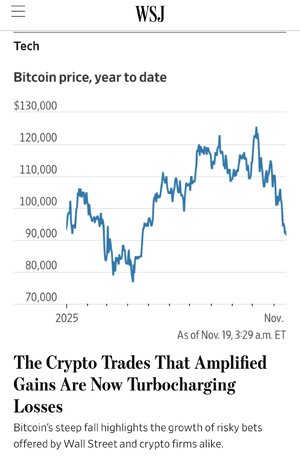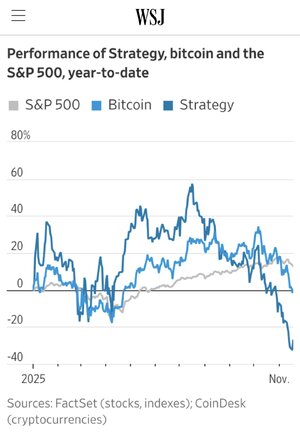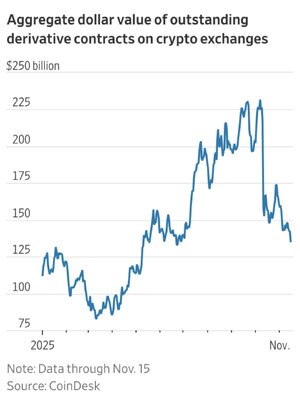You're smarter than this. The bill is given intrinsic value by the US government, which has said that the piece of cloth is worth that much money. And you can pay your taxes with it. In terms of international trade, exchange rates are not primarily set by supply and demand for dollars. They are set by supply and demand of imports, exports and capital flows.
I say bitcoin has no value because I have never heard any real answer to the question: without looking at a price chart, tell me what price bitcoin should trade at. Or another version of that same question: how do you know whether bitcoin is over- or under-valued. Should bitcoin trade at $1000? It has no return on investment, so if you don't know how much it has been worth historically, you don't know how much it should be worth today. Actual assets aren't like that. I don't need a stock chart to estimate the value of a share of stock -- it might not be terribly accurate without projections, but I can arrive at a ballpark number. Debt is even easier. Real estate can be measured by rents (again, not terribly accurately but there's at least a number). If someone offers me $1M for my house, I know that I should sell, and I know I should tell anyone offering $250K to take a hike. How do you do that with crypto?
I suppose you could argue that inherent volatility gives it some option value, but that would only be true at far lower prices than it trades at today. For volatility alone to give option value, the volatility has to push the lower limit -- a strike price or, in this case, zero. Otherwise, it's just speculation and corruption.



